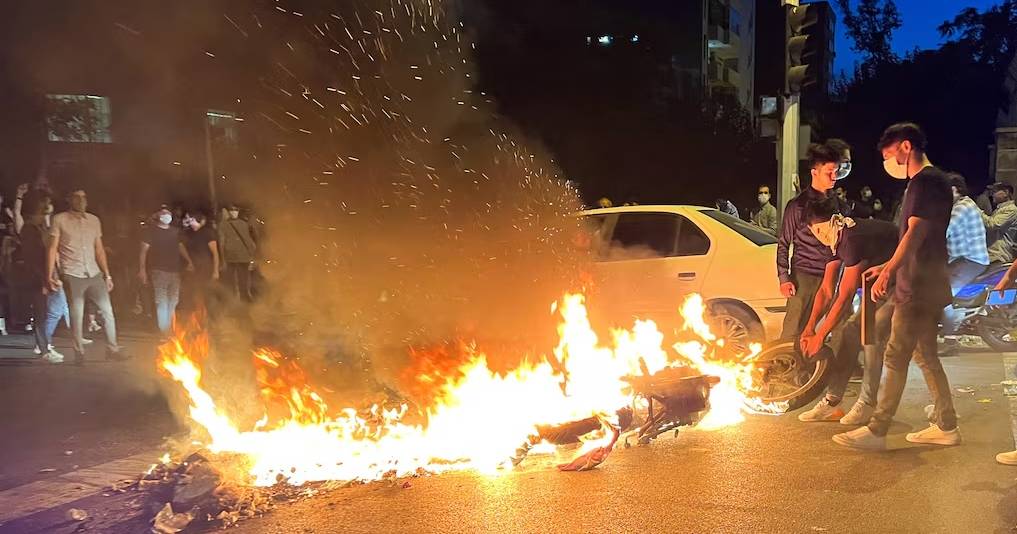
Similar Posts
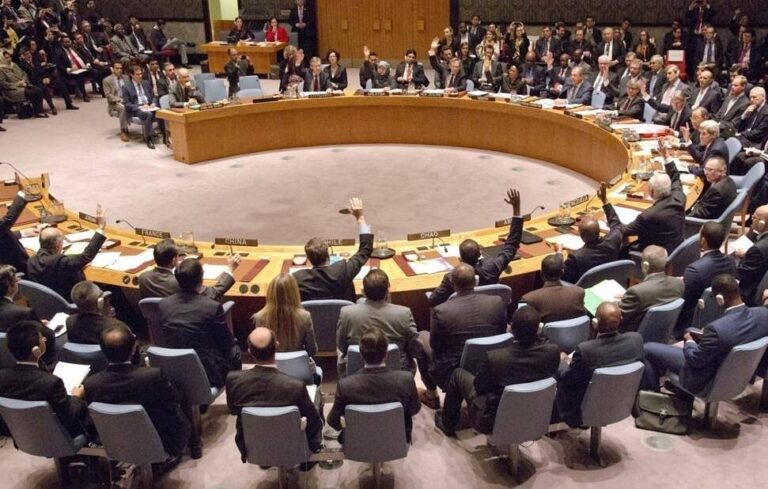
Pakistan Calls on UNSC to Enforce Long-Awaited Resolutions on Kashmir
Pakistan’s UN Representative, Asim Iftikhar Ahmad, urged the United Nations Security Council to implement its resolutions on the Jammu and Kashmir conflict during a recent emergency session. Amid escalating India-Pakistan tensions, he emphasized the need for diplomatic engagement to address the deteriorating security environment. Ahmad condemned India’s allegations of Pakistani involvement in a recent attack in Kashmir and expressed concerns over India’s suspension of the Indus Waters Treaty. He highlighted ongoing human rights violations in Indian-administered Kashmir and called for a UN-supervised plebiscite to address Kashmiris’ aspirations, stressing that peace requires dialogue, respect for international law, and human rights.
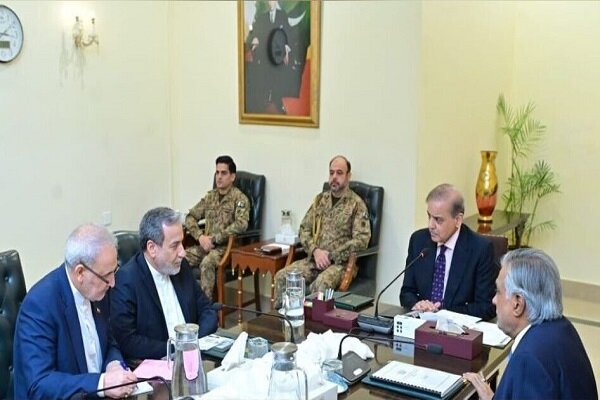
Pakistan and Iran Unite for Regional Peace: A Commitment to Collaborative Progress
Pakistani Premier Shehbaz Sharif met with Iranian Foreign Minister Abbas Araqchi in Islamabad, emphasizing the need to strengthen bilateral ties and promote regional stability. During the meeting, Sharif expressed condolences for a recent tragedy in Iran and reiterated Pakistan’s commitment to its historical relationship with Iran. Araqchi conveyed Iran’s dedication to enhancing cooperation, particularly amid rising tensions with India. Discussions included trade expansion, regional security, and the humanitarian crisis in Gaza. Both leaders stressed the importance of dialogue and collaboration to resolve conflicts and ensure peace in South Asia, showcasing a mutual understanding to deepen ties for their nations’ benefit.
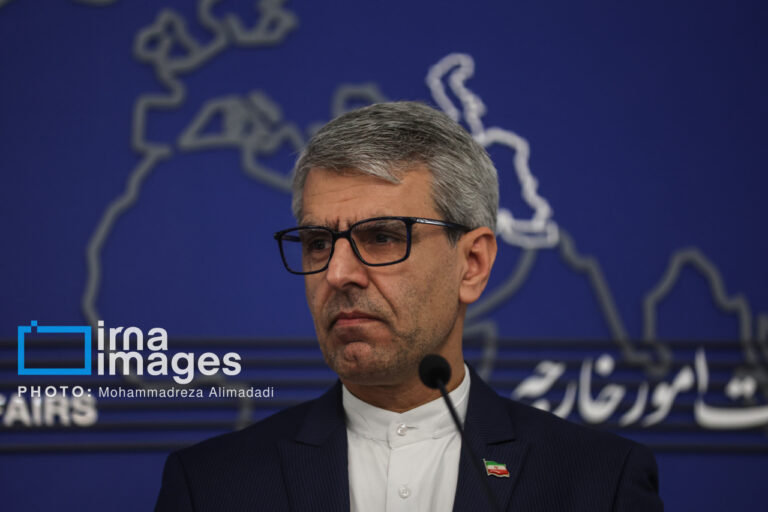
Iran Slams US President’s ‘Ownership’ Remarks as Ethnic Cleansing Scheme for Gaza
Iran’s Foreign Ministry spokesman Esmail Baghaei has condemned US President Donald Trump’s controversial Gaza plan, calling it a shocking alignment with Israel’s agenda that threatens the rights of Palestinians. During a press conference with Israeli Prime Minister Netanyahu, Baghaei described the proposal as an unprecedented violation of international law and a potential catalyst for ethnic cleansing. He emphasized that it seeks to erase the Palestinian identity and that the Palestinian people will resist any attempts to take their ancestral land. Trump’s suggestion that Palestinians would “love to leave” Gaza has intensified concerns over the plan’s implications for the region.
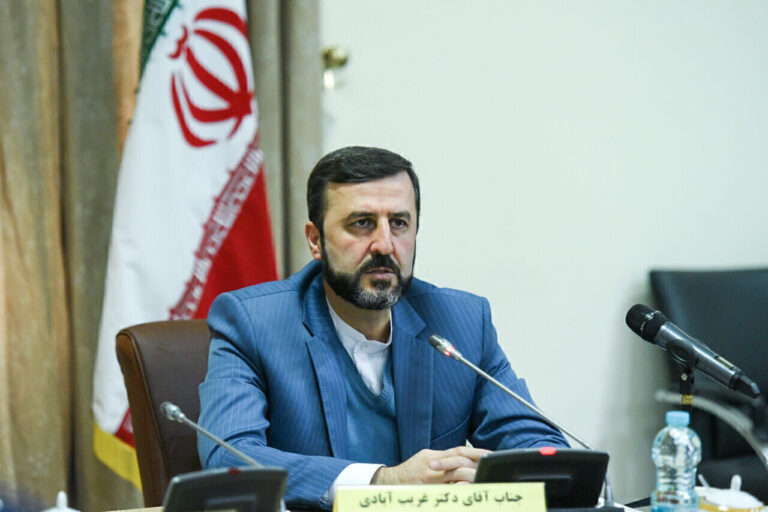
Iran Set to Engage in Key Talks with European Troika in Upcoming Weeks
Iran’s Deputy Foreign Minister Kazem Gharibabadi announced potential renewed talks with the European troika within three weeks, focusing on issues like sanctions and nuclear negotiations. He reiterated Iran’s commitment to diplomacy, emphasizing that negotiations will not be dictated by external pressures, particularly from the U.S. Gharibabadi highlighted the importance of dialogue with European nations, following recent meetings in Geneva and New York. He affirmed Iran’s stance of not exiting negotiations and its readiness to respond positively to constructive steps from others. The discussions aim to address mutual interests while ensuring Iran’s national interests remain central.
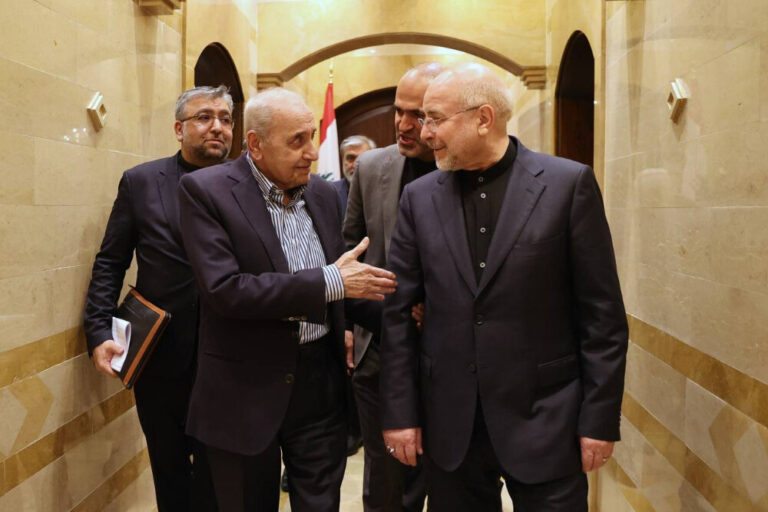
Iran and Lebanon’s Parliamentary Leaders Praise Hezbollah’s Crucial Role in Regional Stability
Speaker of the Iranian Parliament Mohammad Bagher Ghalibaf met with Lebanese Speaker Nabih Berri in Beirut, emphasizing solidarity between Iran and Lebanon regarding regional stability. Ghalibaf praised the turnout at a recent funeral for resistance martyrs and reaffirmed Hezbollah’s role in Lebanon’s national security. He criticized the Lebanese government’s suspension of flights to Iran, attributing it to U.S. pressure, and warned about extremist threats from Syria. Berri expressed gratitude for Iranian support and highlighted the strong bond between the Lebanese people and the resistance. Both leaders underscored the importance of unity and resistance in achieving national security and cohesion.
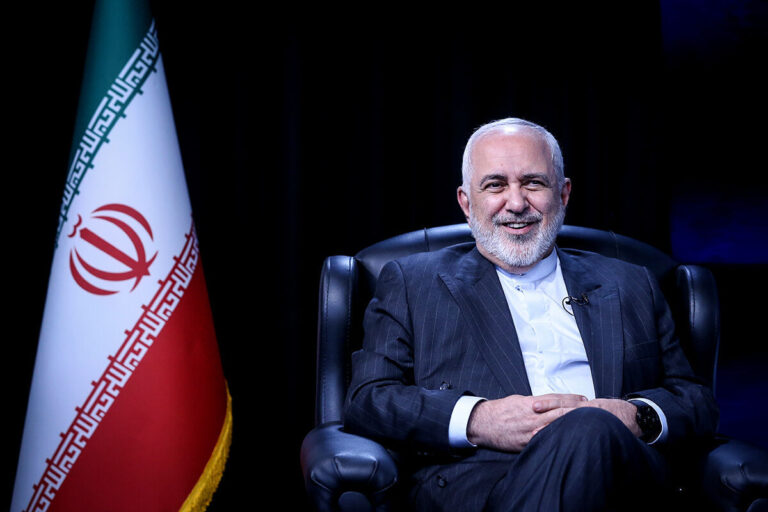
Zarif’s Scenic Davos Escape Meets Fiery Backlash at Home
Iranian Vice-President Javad Zarif is embroiled in controversy following his return from Davos, facing scrutiny over his role and his comments about women’s rights and foreign citizenship. Lawmakers challenge his position due to a law barring individuals with foreign citizenship in their family from sensitive roles. Zarif’s U.S. citizen children, born during his studies, complicate his situation. Despite support from Ayatollah Khamenei for reforming the law, conservatives are using it against him. Zarif’s CNN interview on hijab leniency sparked backlash, leading to protests and accusations of being an “architect of America’s sanctions.” This controversy underscores Iran’s internal power struggles.